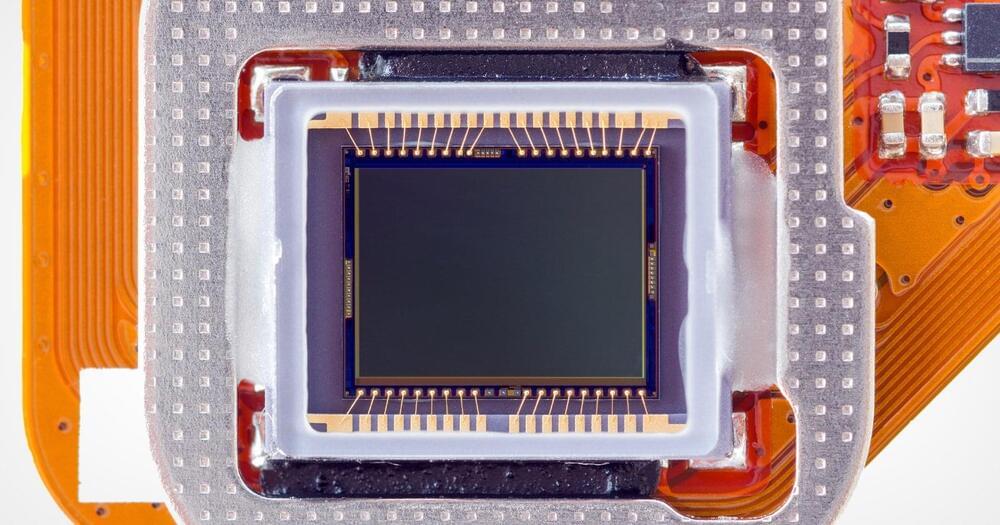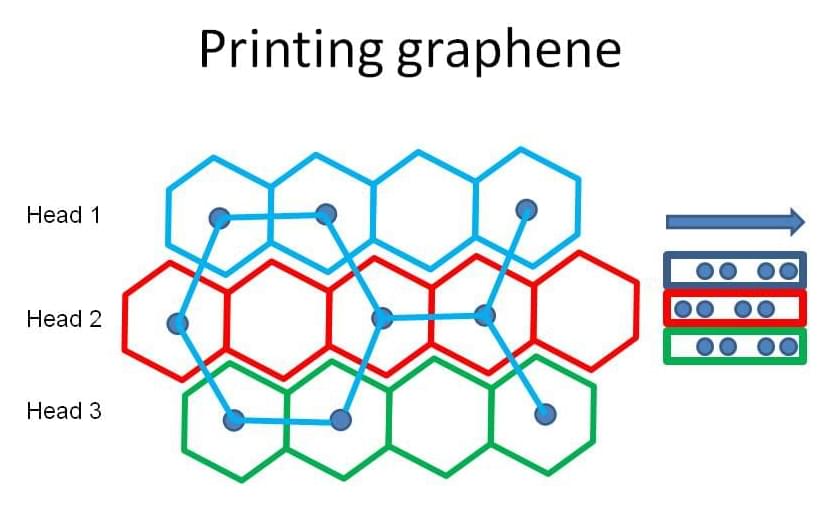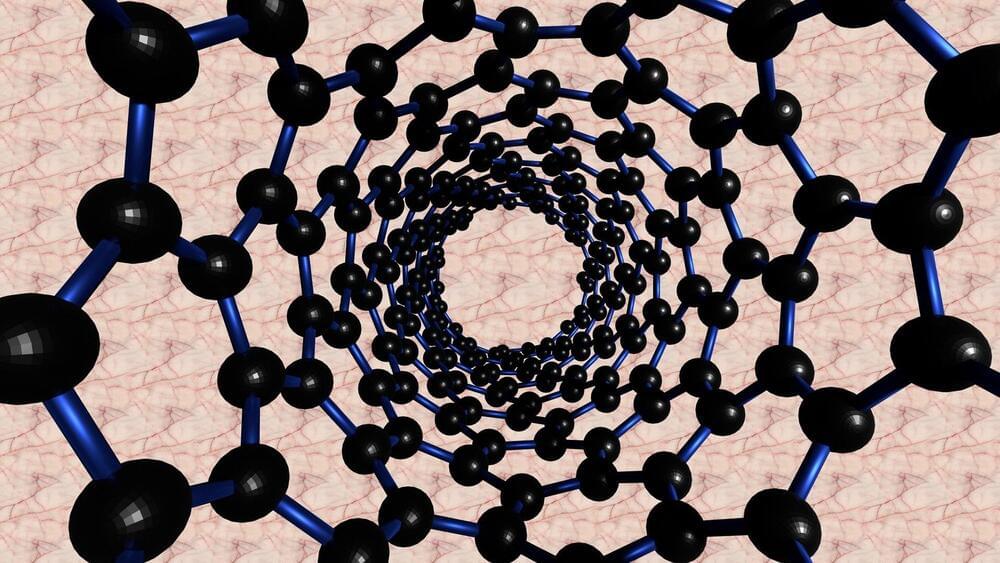Elon Musk Just DESTROYED Apple: In a recent tweet, billionaire Elon Musk publicly destroyed Apple by mocking them for launching a $19 fiber cloth. He further went on to suggest that his followers should instead buy his newly launched Tesla Cyberwhistle instead!
Many times, to set them apart from the competition, luxury brands like Apple sell products at outlandish prices. Take the thousand dollar pro display stand launched in 2019 for example. What made Elon go against one of the world’s topmost tech giants?
Join us today as we tell you all about how Elon Musk attempted to take another bite from Apple by calling its product silly.









